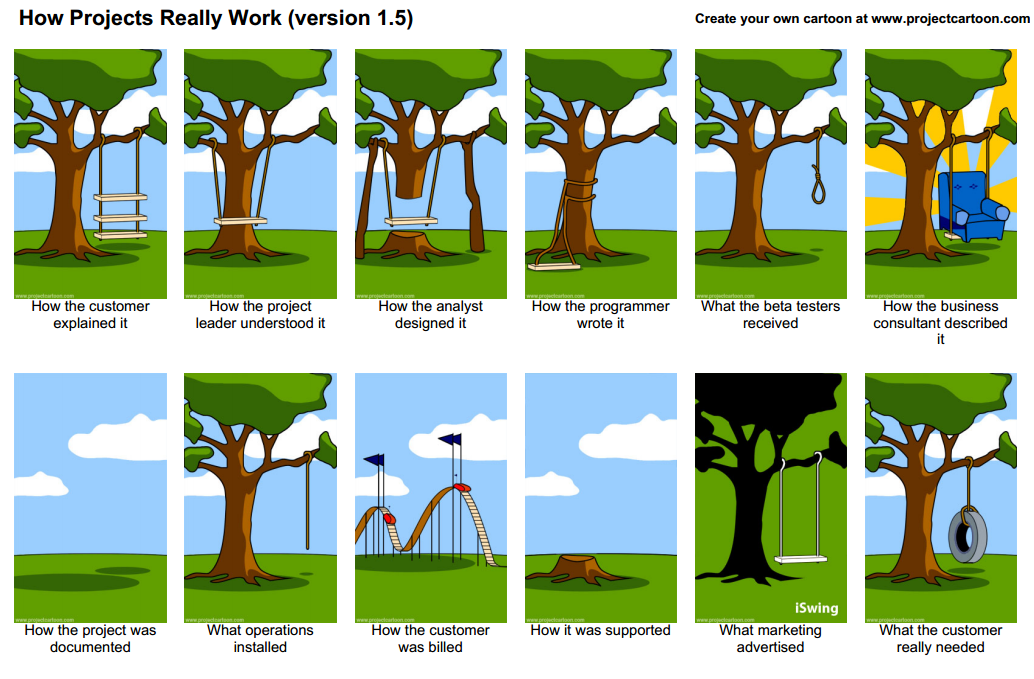Most business-savvy legal professionals I know spend a significant portion of their time and revenue on advertising and marketing activities. I've found that this is particularly true for those of you in areas like personal injury, insolvency and employment law. As you are undoubtedly aware, practices can spend tens of thousands of dollars on TV advertisements, billboards and print advertising.
On top of all the effort you are expending on managing your offline advertisements, you need to build and maintain an online presence too. Despite the plethora of information available both online and off, Canadians still find it challenging to select the right legal provider.
When prospective clients start looking for a lawyer online, it is often because something has happened that requires immediate attention and very specific expertise. They may need a personal injury lawyer, someone who practices family law and has expertise in adoptions, or perhaps they need legal assistance with a real estate transaction. Someone who is looking to get out of a criminal offense needs to know if the lawyer they select specializes in theft, insider trading, drug trafficking or murder cases. It is critical that your prospective clients find you online, and understand why they should select your services.
That's where we come in. Introducing Kabuk for Legal Professionals, the best way to connect with new clients and grow your practice.
How does it work? Prospective clients go to Kabuk to search and find local law practitioners by area of practice, review their profiles, read testimonials from previous clients, and then (if bookings are enabled) book an appointment directly on the site. Once the client has visited your legal practice they are prompted by Kabuk to leave a review of their own, helping future clients make informed decisions. You can restrict testimonials to those who have booked an appointment on Kabuk, creating an additional layer of credibility - and reputation protection - for your practice.
We are excited to announce that, as of today, we are now accepting beta users. You can sign up HERE to be notified of updates, future developments and get a three-month free trial when we go live.
On top of all the effort you are expending on managing your offline advertisements, you need to build and maintain an online presence too. Despite the plethora of information available both online and off, Canadians still find it challenging to select the right legal provider.
When prospective clients start looking for a lawyer online, it is often because something has happened that requires immediate attention and very specific expertise. They may need a personal injury lawyer, someone who practices family law and has expertise in adoptions, or perhaps they need legal assistance with a real estate transaction. Someone who is looking to get out of a criminal offense needs to know if the lawyer they select specializes in theft, insider trading, drug trafficking or murder cases. It is critical that your prospective clients find you online, and understand why they should select your services.
That's where we come in. Introducing Kabuk for Legal Professionals, the best way to connect with new clients and grow your practice.
How does it work? Prospective clients go to Kabuk to search and find local law practitioners by area of practice, review their profiles, read testimonials from previous clients, and then (if bookings are enabled) book an appointment directly on the site. Once the client has visited your legal practice they are prompted by Kabuk to leave a review of their own, helping future clients make informed decisions. You can restrict testimonials to those who have booked an appointment on Kabuk, creating an additional layer of credibility - and reputation protection - for your practice.
We are excited to announce that, as of today, we are now accepting beta users. You can sign up HERE to be notified of updates, future developments and get a three-month free trial when we go live.




























